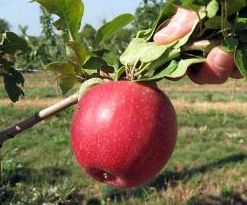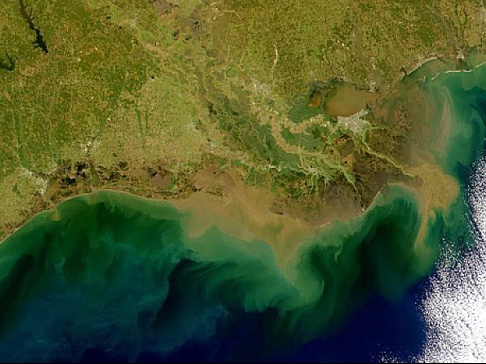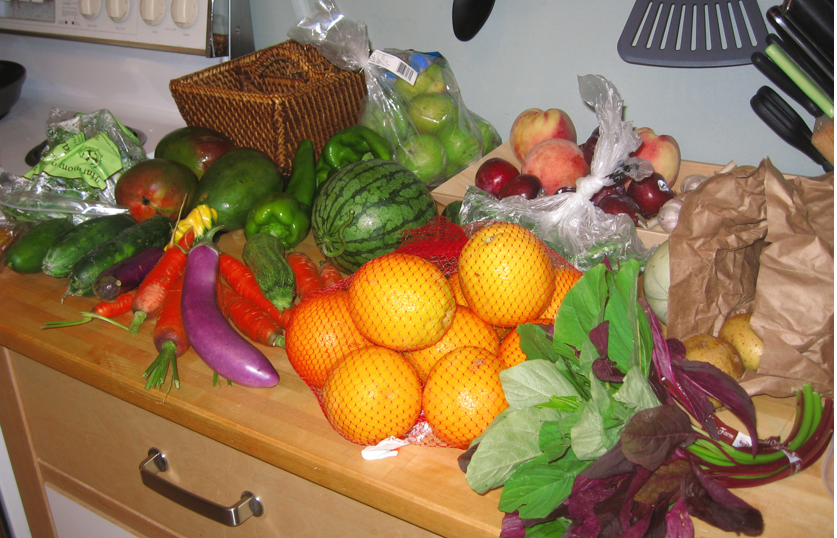Today’s post starts off with a riddle:
What’s “juicy and sweet with hints of fall spices,” "a satisfying crunch,” and a name that sounds like a segment of “Dancing with the Stars?”
If you guessed SweeTango, the newest apple cultivar created by the University of Minnesota, you are correct! SweeTango: Is it worth the trouble?
SweeTango: Is it worth the trouble?
Since its Labor Day weekend debut, SweeTango has caused a buzz among apple eaters and growers. But it’s not just the taste that has people talking.
This apple comes with controversy because of the way the U of M has licensed it.








